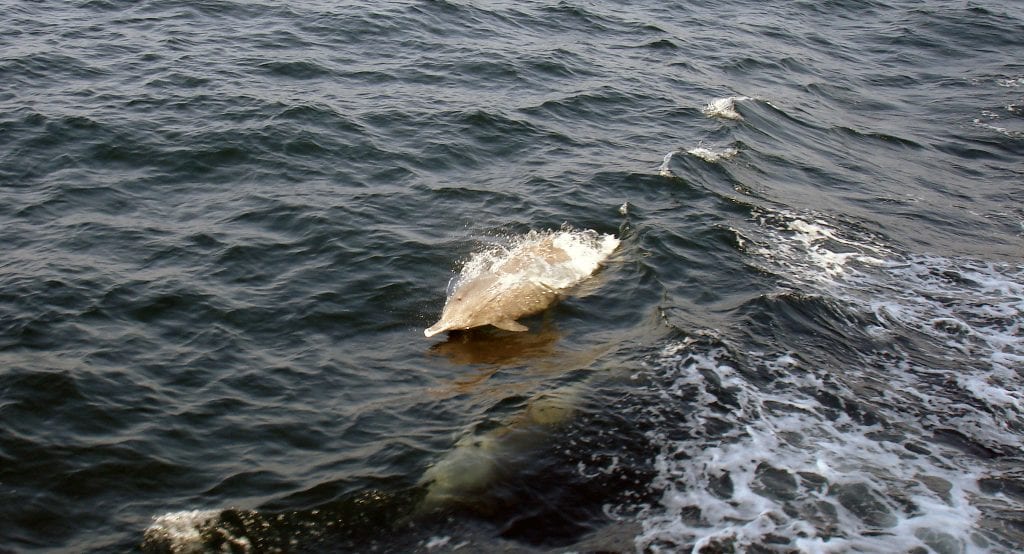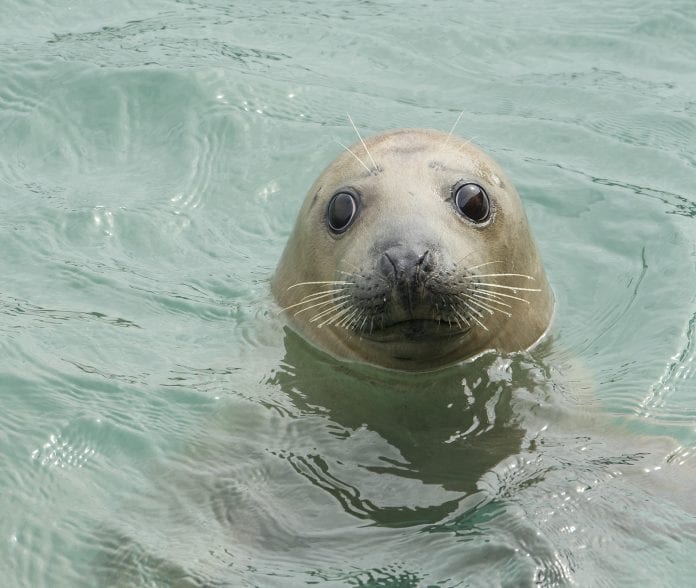As lockdown restrictions begin to ease further and more people are looking to the UK’s coastline for a staycation this summer, it’s important to be a responsible holidaymaker, even when staying close to home. The Marine Conservation Society is urging staycationers to be respectful and responsible when enjoying the UK’s beautiful beaches.
With reports of increasing volumes of litter across the country’s outdoor spaces and wildlife encounters gone wrong, the charity’s experts offer some top tips on how to ensure that a visit to the seaside this summer is good for visitors, animals and the environment alike.
Rather than piling up rubbish next to bins which may be blown onto the beach, with plastic polluting the ocean and endangering wildlife, the Marine Conservation Society is calling on beachgoers to #KeepItClean and take their litter home. But it’s not just litter of concern to the charity, an increase in visitors not knowing how best to interact with wildlife is disturbing marine animals.
Emily Cunningham, Marine Biologist and Trustee of the Marine Conservation Society said: “Seeing marine wildlife is an amazing experience, but it’s up to us to make sure our enjoyment doesn’t cause the animals harm or stress.”
“This is especially important at this time of year, when many of our British marine creatures are pregnant, rearing chicks or nursing their babies. As restrictions lift and many of us head to the coast, please make sure to give our wildlife the extra space they need to raise their young.”

Top tips to be a responsible beachgoer:
- Do Not Disturb: If you’re snorkelling or diving and come across animals like seahorses, watch from a distance and swim calmly away. Male seahorses are pregnant at this time of year so it’s extra important not to disturb them
- Keep dogs on leads: Beach nesting birds lay their eggs directly onto sand or shingle. These are very well camouflaged and at risk of disturbance from beach visitors and dogs. Be sure not to touch or move the eggs and keep a safe distance
- Keep your distance: Whales, dolphins and porpoise are large, unpredictable animals; getting too close is not only distressing for them, but could easily cause harm. It is illegal to touch, feed or swim with whales, dolphins or porpoise
- Look, don’t touch: Grey and common seals are found around the UK. They give birth in the summer and mothers will be suckling their pups on land – it is important to give them extra space, whether on foot or at sea. All year round, seals haul out onto shore to rest or digest their food and should be left alone. Never chase a seal back into the sea
- Keep quiet and carry on: While at sea stay at least 100m away from any animals, avoiding groups or mothers and young completely. Engines should be switched to neutral if animals are close. Stay alert, boat skippers have been prosecuted in England for reckless disturbance of dolphins
Throughout July the Marine Conservation Society, sponsored by new plastic-free toilet paper Oceans, is also asking people to set their own Plastic Challenge in a bid to reduce our consumption of disposable plastic items. For holidaymakers, this could be as simple as making one small switch to your daily beach visit and taking a reusable water bottle with you, or packing a picnic in reusable containers. Taking reusable containers to the beach will make a huge impact on reducing the increasing volumes of litter seen on the UK’s beautiful beaches in the form of plastic cups, takeaway boxes and more.
For more information on how to be a responsible beachgoer, please visit the Marine Conservation Society’s website. If you spot a jellyfish, basking shark or even a turtle off the UK’s shores, be sure to share it via the sightings page on the website.
Help keep news FREE for our readers
Supporting your local community newspaper/online news outlet is crucial now more than ever. If you believe in independent journalism, then consider making a valuable contribution by making a one-time or monthly donation. We operate in rural areas where providing unbiased news can be challenging. Read More About Supporting The West Wales Chronicle






















